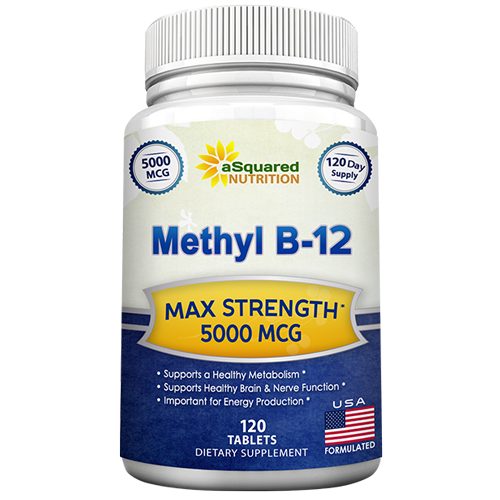How to Choose a Quality B12 Supplement
By Supplement Reports Team
June 19, 2025
10 min read
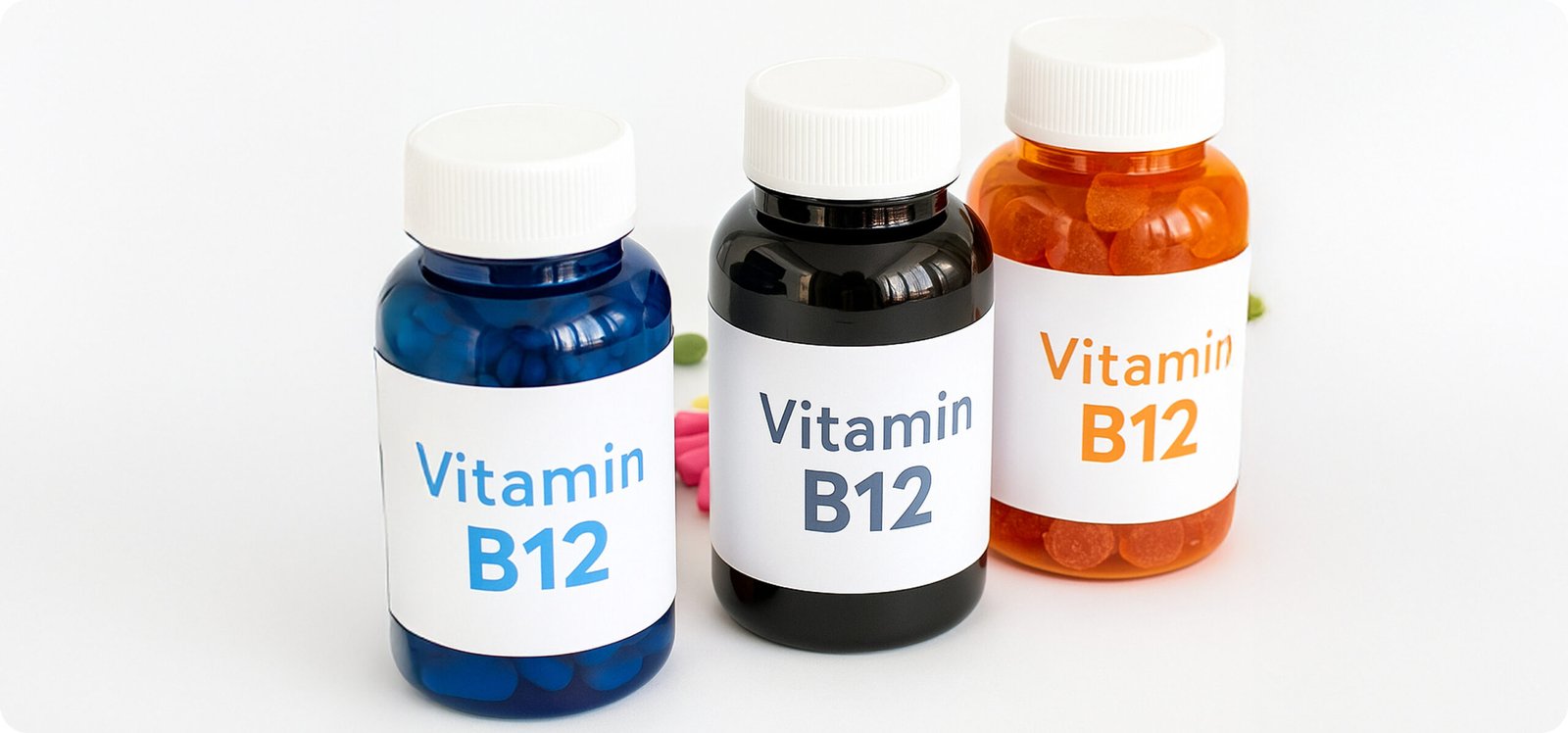
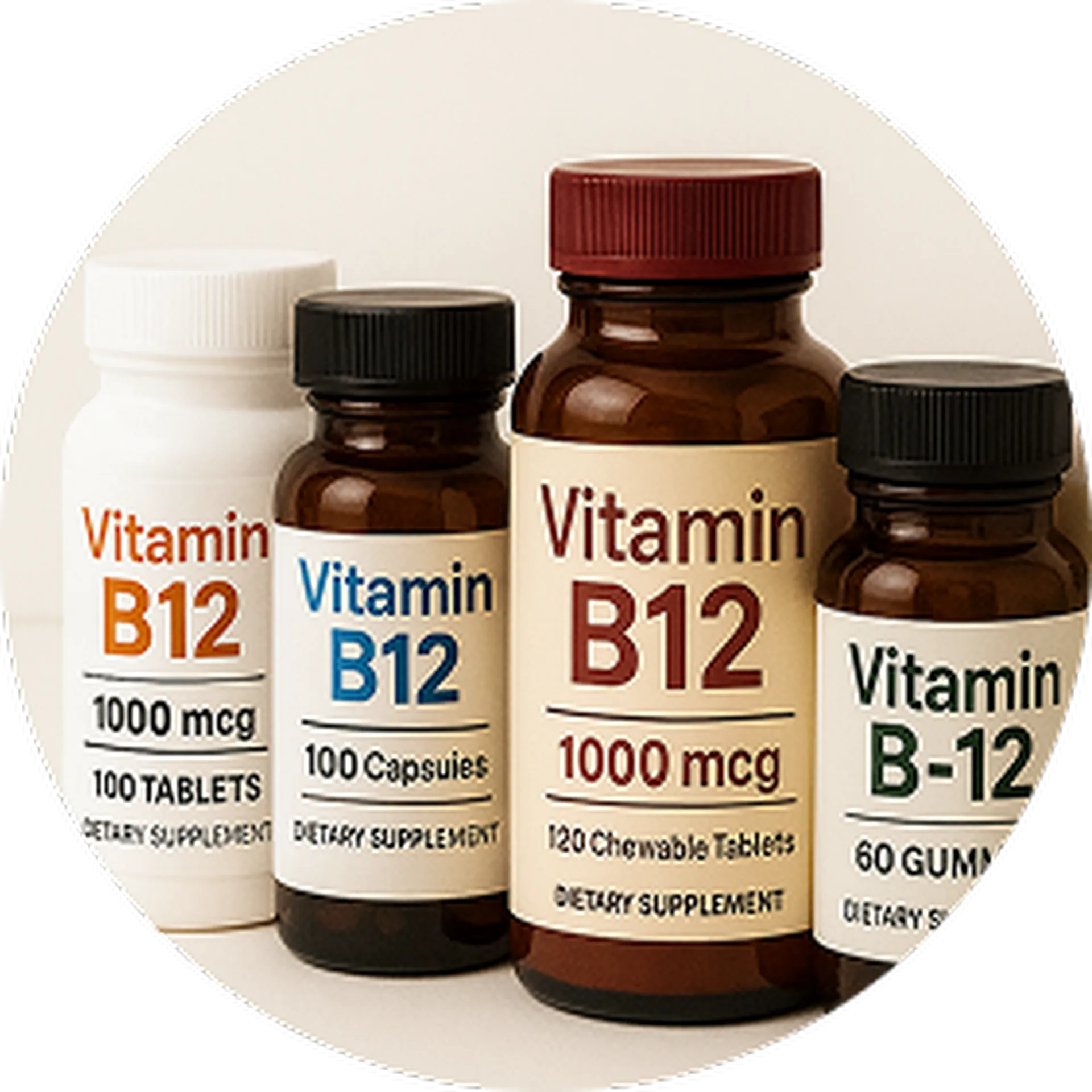
Why B12 Quality Matters

B12 Forms Explained (methyl vs non-methyl)
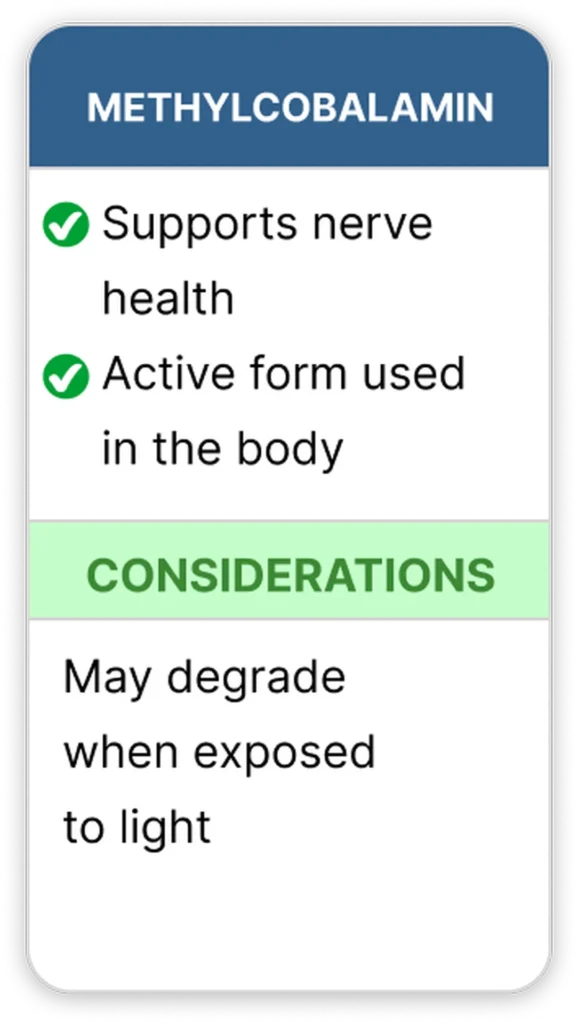
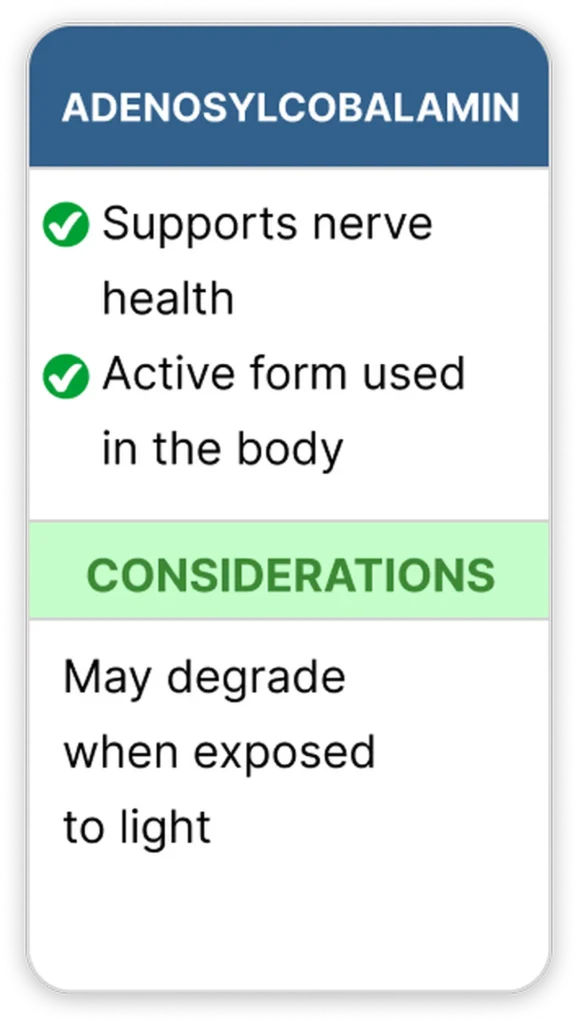
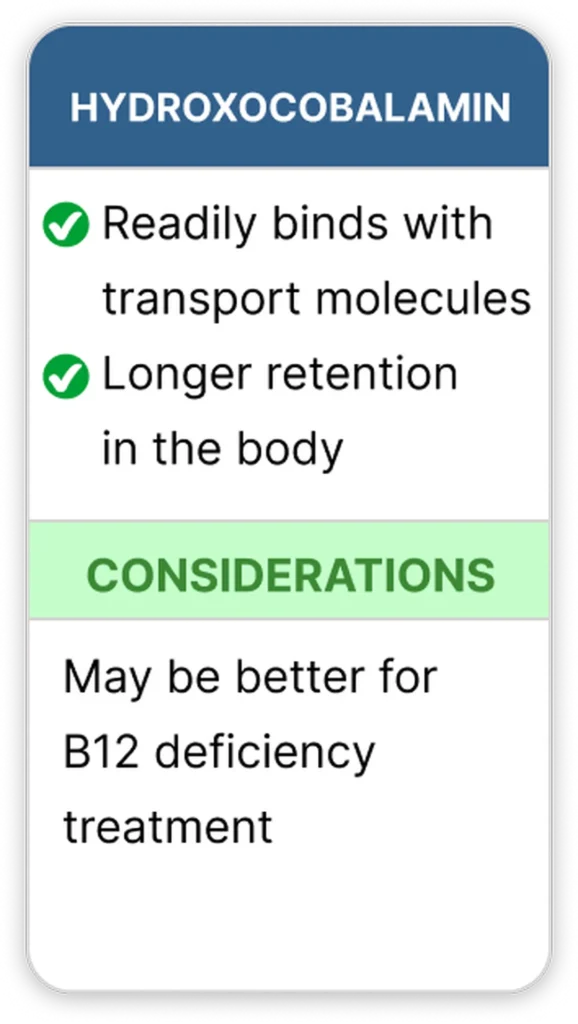
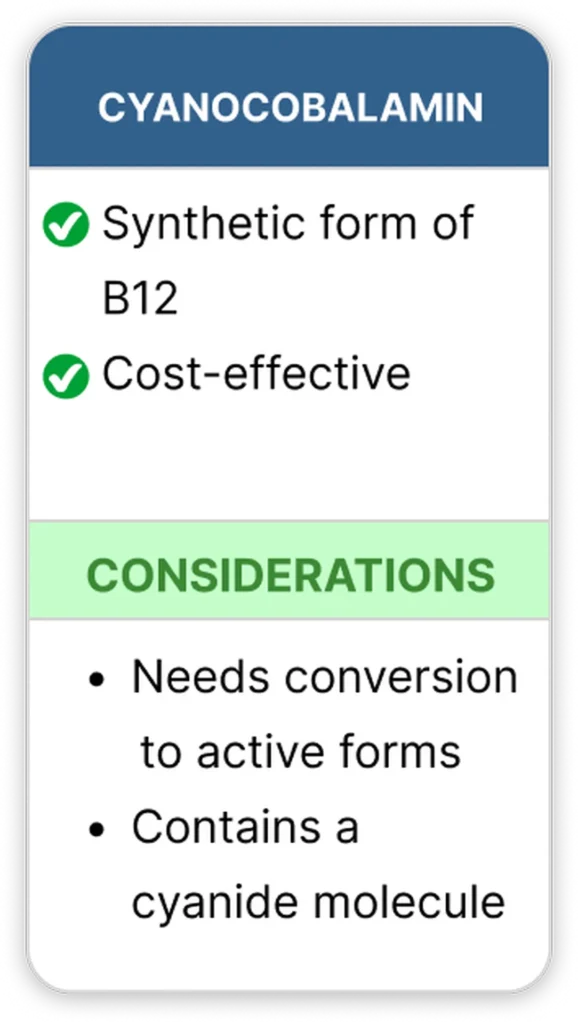
Methylcobalamin (Methyl B12)
Adenosylcobalamin (Dibencozide)
Hydroxocobalamin
Cyanocobalamin
Which to pick?
Strengths & Dosing Ranges on Labels
When you look at a B12 supplement label, you’ll see the strength expressed in micrograms (mcg). You’ll also see a percentage of the Daily Value (%DV), which is based on the Recommended Dietary Allowance (RDA). However, the RDA for B12 is quite low, and many supplements provide a much higher dose. This is because the body only absorbs a small percentage of B12 from supplements, so a higher dose is often needed to ensure adequate absorption.
High-potency B12 supplements can contain anywhere from 500 mcg to 5000 mcg or more per serving. The right dose for you will depend on your individual needs and health status. For general health maintenance, a daily dose of 250-1000 mcg is often recommended. For those who are trying to correct a B12 deficiency, a higher dose of 1000-5000 mcg per day may be necessary. It is always best to consult with a healthcare professional to determine the right dose for you, especially if you are managing a deficiency, taking medications, or are pregnant.
Frequency of supplementation is another important consideration. Some people prefer to take a lower dose of B12 every day, while others prefer to take a higher dose less frequently, such as once or twice a week. The best approach for you will depend on your personal preferences and what you are most likely to stick with consistently.
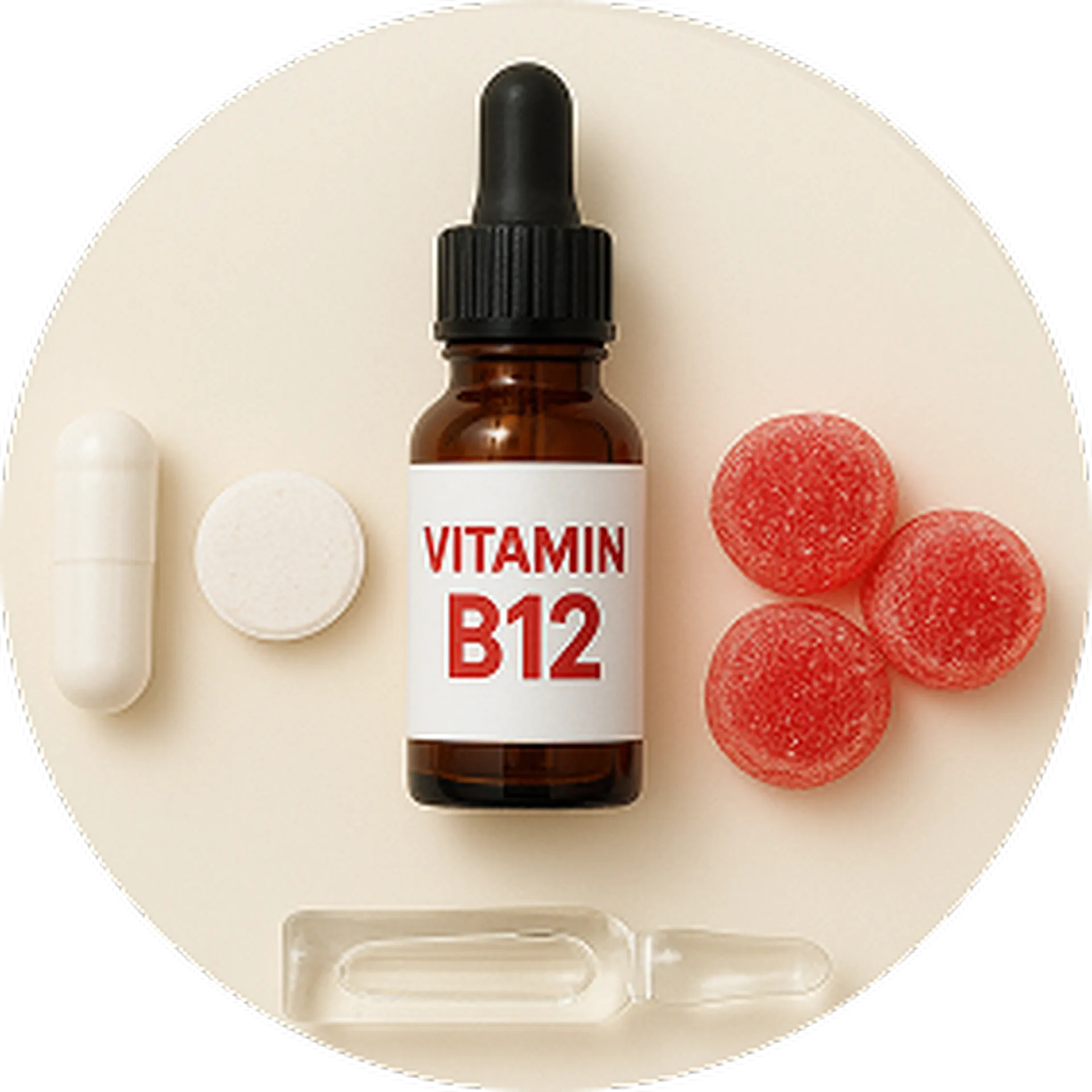
Delivery Formats & Absorption Considerations

Capsules/Tablets
Sublinguals/Sprays/Liquids
Gummies
Injections (RX only)
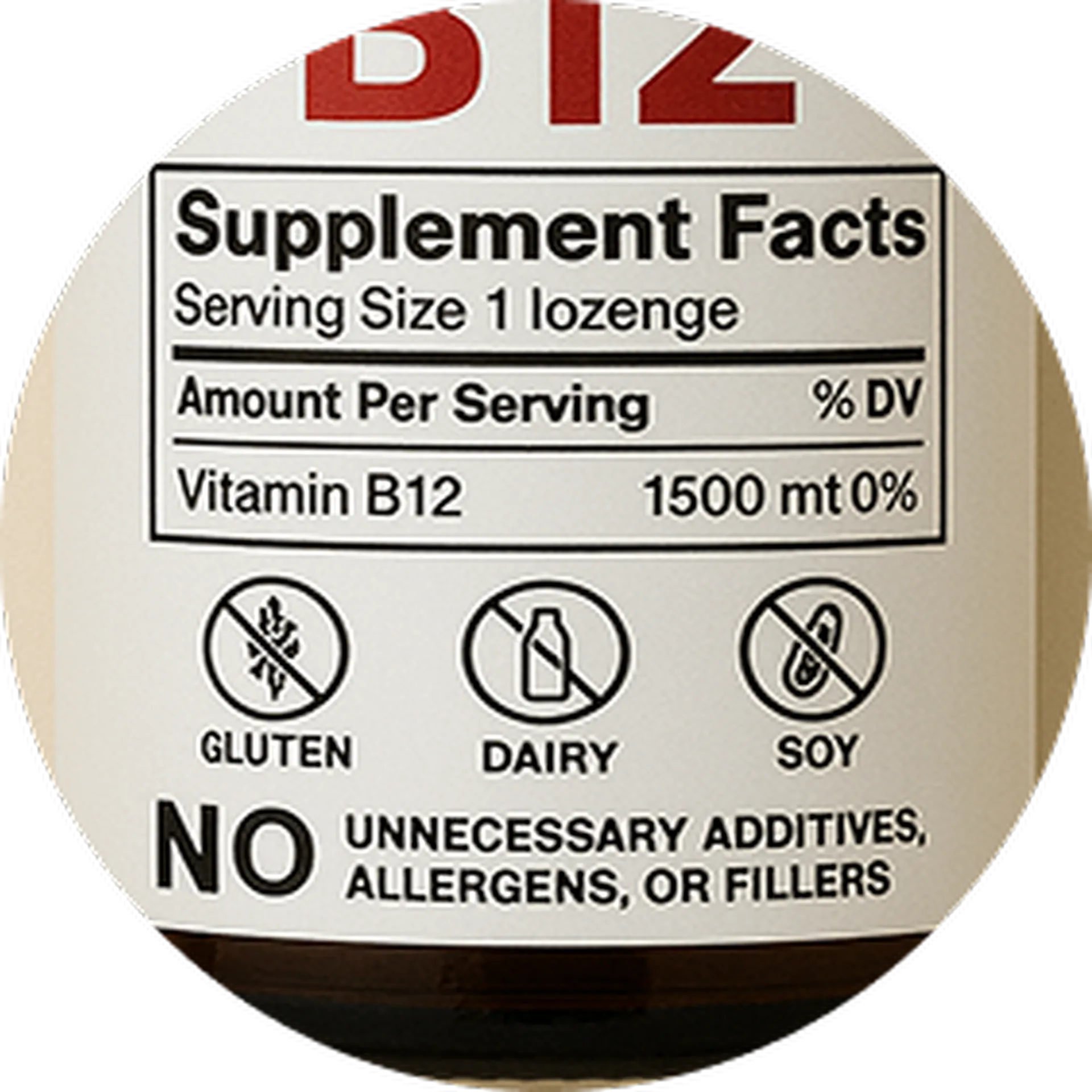
Additives, Allergens & "Clean Label" Checks

Common excipients to look out for on a supplement label include cellulose, magnesium stearate, and silica. These are often used as fillers or to help with the manufacturing process. While they are generally considered safe, some people may prefer to avoid them. It’s also a good idea to watch out for artificial colors, unnecessary sweeteners, and sugar alcohols, especially if you have a sensitivity to these ingredients.
When you are reading a supplement label, be sure to check the bottle count, serving size, and the list of inactive ingredients. This will give you a good idea of what you are actually getting in each serving.
Third-Party Testing, Certifications & Transparency


When looking for a third-party tested B12 supplement, look for evidence of testing for potency and identity, heavy metals, microbes, and residual solvents. The supplement should be manufactured in a cGMP (current Good Manufacturing Practices) certified facility, and the testing should be performed by an ISO/IEC 17025 accredited laboratory.
Many reputable supplement brands will provide a Certificate of Analysis (COA) for their products. A COA is a document that shows the results of the third-party testing. Some brands will even provide a COA for each lot of their product, which can be accessed through a QR code on the bottle or on the company’s website. This level of transparency is a good sign that the brand is committed to quality and safety.
Be wary of vague claims like “lab tested” without any supporting documentation. This is often a marketing tactic and does not provide any real assurance of quality. Look for brands that are transparent about their testing practices and that make it easy for you to access the results.
Red Flags on Labels
When you are evaluating a B12 supplement, there are several red flags to watch out for on the label. Vague claims like “maximum absorption” without any supporting data are a common marketing tactic. It is also a red flag if the form of B12 is not specified (e.g., the label just says “B12” without specifying methylcobalamin, cyanocobalamin, etc.).
Proprietary blends for single-nutrient products are another red flag. There is no reason for a B12 supplement to have a proprietary blend. You should also be wary of any supplement that makes over-the-top claims about curing or treating diseases. Finally, be sure to check the serving size and the math. Some supplements may have a misleading serving size (e.g., “2-3 tablets = 1 serving”) to make it seem like you are getting more than you actually are.
Value & Cost-Per-Effective-Dose
Quick-Buy Checklist
- Correct form listed (e.g., methylcobalamin, adenosylcobalamin, cyanocobalamin)
- Potency fits your strategy (daily vs intermittent)
- Delivery fits preference (sublingual, capsule, etc.)
- Clean excipients & allergen statements
- Third-party testing specifics named (lab, methods if possible)
- Lot-level COA or transparency page
- Reasonable cost per 1,000 mcg
- Honest claims and complete Supplement Facts panel
Frequently Asked Questions
♥ Is methyl B12 the same as methylcobalamin? Yes, methylcobalamin is the scientific name for methyl B12.
♥ Do I need sublingual for absorption? Sublingual supplements are thought to be more easily absorbed, but the evidence is mixed. The most important thing is to choose a supplement that you will take consistently.
♥Can I stack forms? Many products pair methylcobalamin and adenosylcobalamin. You can choose a supplement based on your goals and tolerance.
Compliance & Safety Note
Top Rated Vitamin B12 Supplement
Vitamin B-12 5000mcg (Methylcobalamin)
9.9

(2,831 reviews)
- Boosts brain function, maintain healthy brain cells & reduces overall fatigue
- Improves digestive health; relieves upset stomach and constipation
- Helps convert fats, carbs & proteins into energy efficiently
- Highly bioavailable form of B-12, ultra strength: 5000 MCG of Methylcobalamin
- Natural ingredients, non-GMO, third-party tested, made in GMP facility
Show more
- Boosts brain function, maintain healthy brain cells & reduces overall fatigue
- Improves digestive health; relieves upset stomach and constipation
- Helps convert fats, carbs & proteins into energy efficiently
- Highly bioavailable form of B-12, ultra strength: 5000 MCG of Methylcobalamin
- Natural ingredients, non-GMO, third-party tested, made in GMP facility
Picked by ... people today
